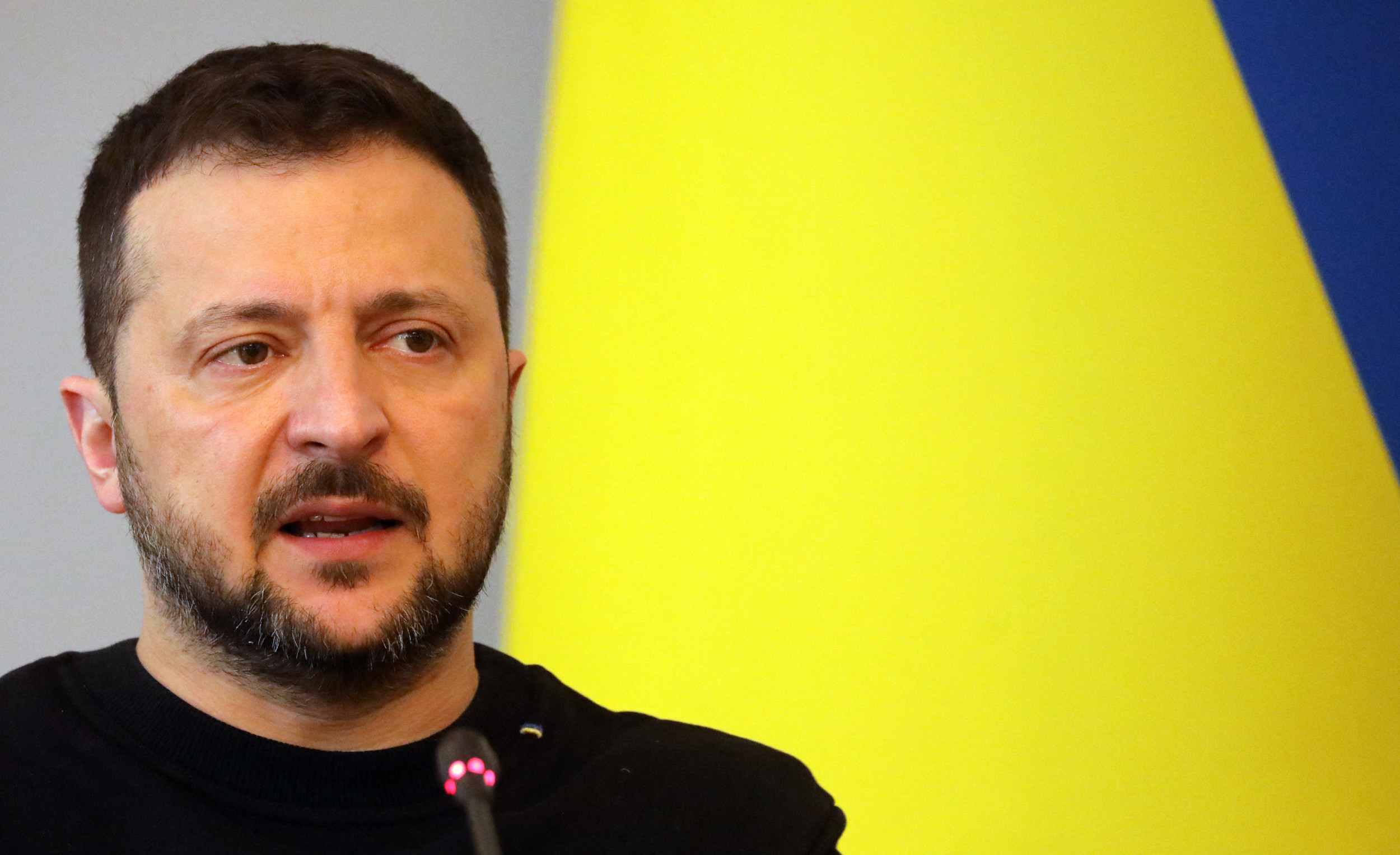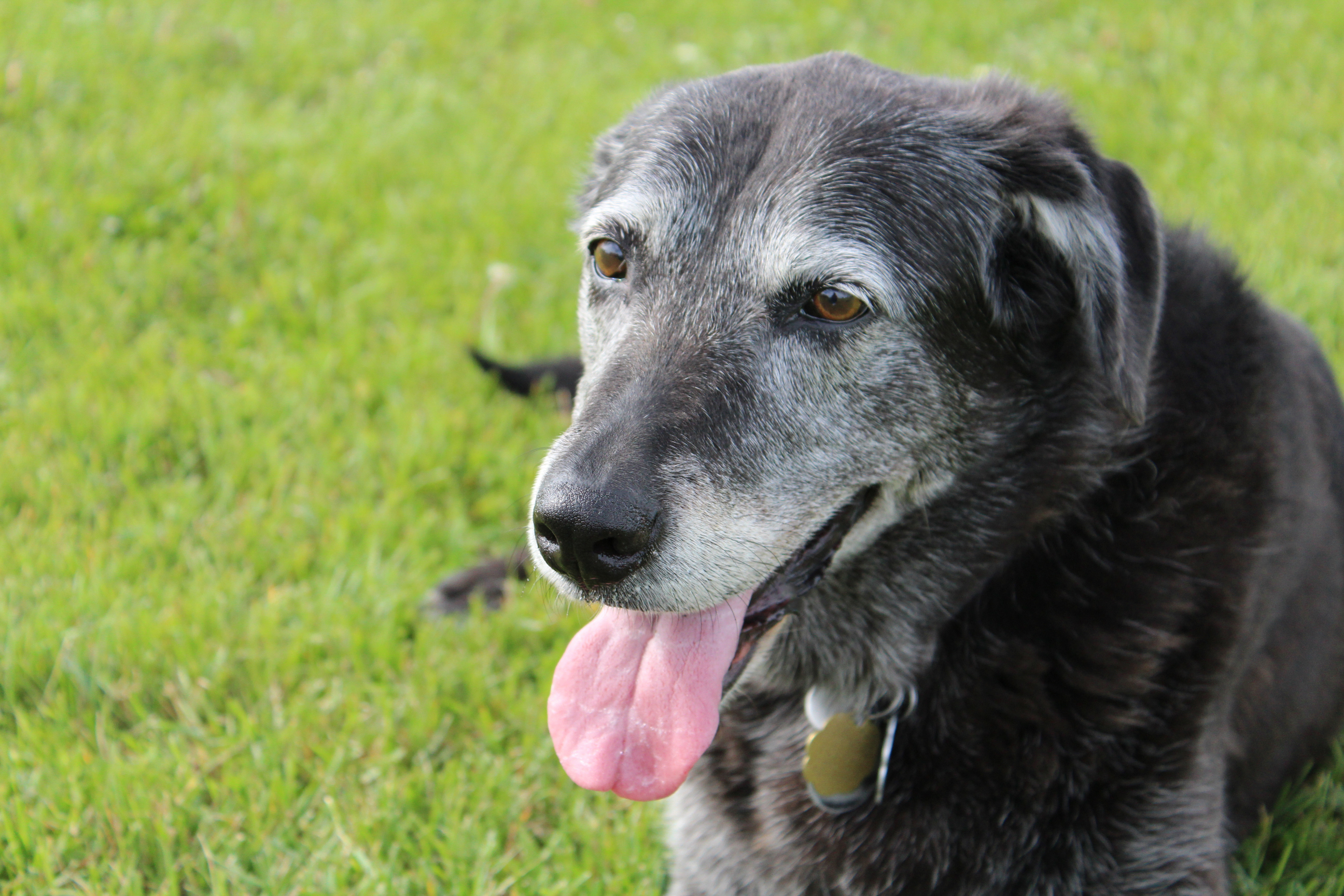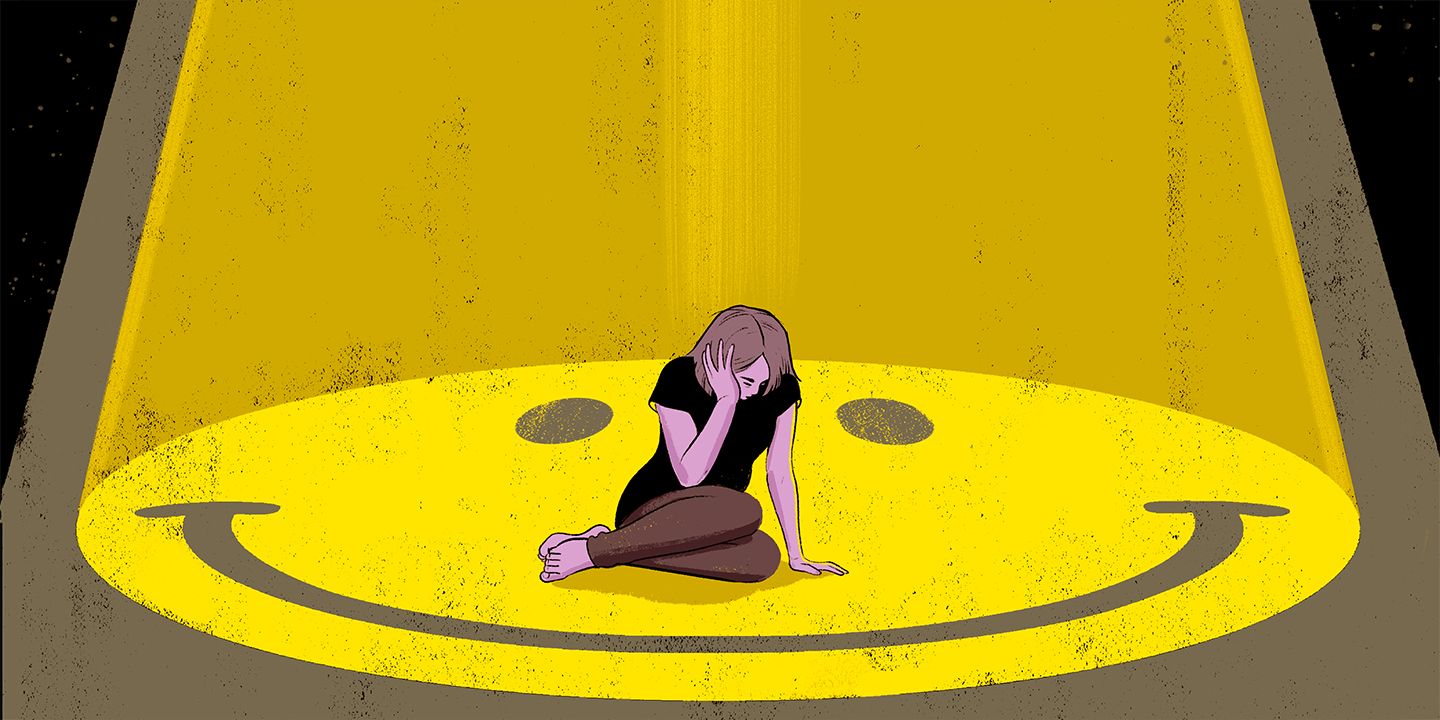
My daughter, Leah, gave birth to her third child and out of the blue was immediately diagnosed as having stage 4 breast cancer. She was beautiful and fun, and she loved her children and husband, Eric. She was an Emmy-winning producer for ESPN and had long, gorgeous red hair. For two years, she battled cancer and wrote a spirited blog that captured her humor, which surprisingly had not left her. Several thousand strangers were captivated by the precious gift of feisty fortitude that she gave to her readers.
She died in 2010, at age 43. I still cry a lot and think of her every day. Sometimes, the grief overwhelms me.
I remember holding her as a baby, then watching her do cartwheels on the beach, then enduring with parental acceptance the teenage fleeting punk shaved hairdo and a year later taking her to France to study abroad.
I remember watching her hold her firstborn, a daughter named Teagan, Leah's eyes transfixed in wonderment, as mine had been when I first held Leah three decades before. When baby Oliver was born in July 2008, Teagan was almost 4 and Wyatt not yet 2. I live in Washington, D.C., and Leah lived in Dallas. "Don't come for two weeks, Mom," she told me. She and her husband could handle everything, and he was taking time off from work.
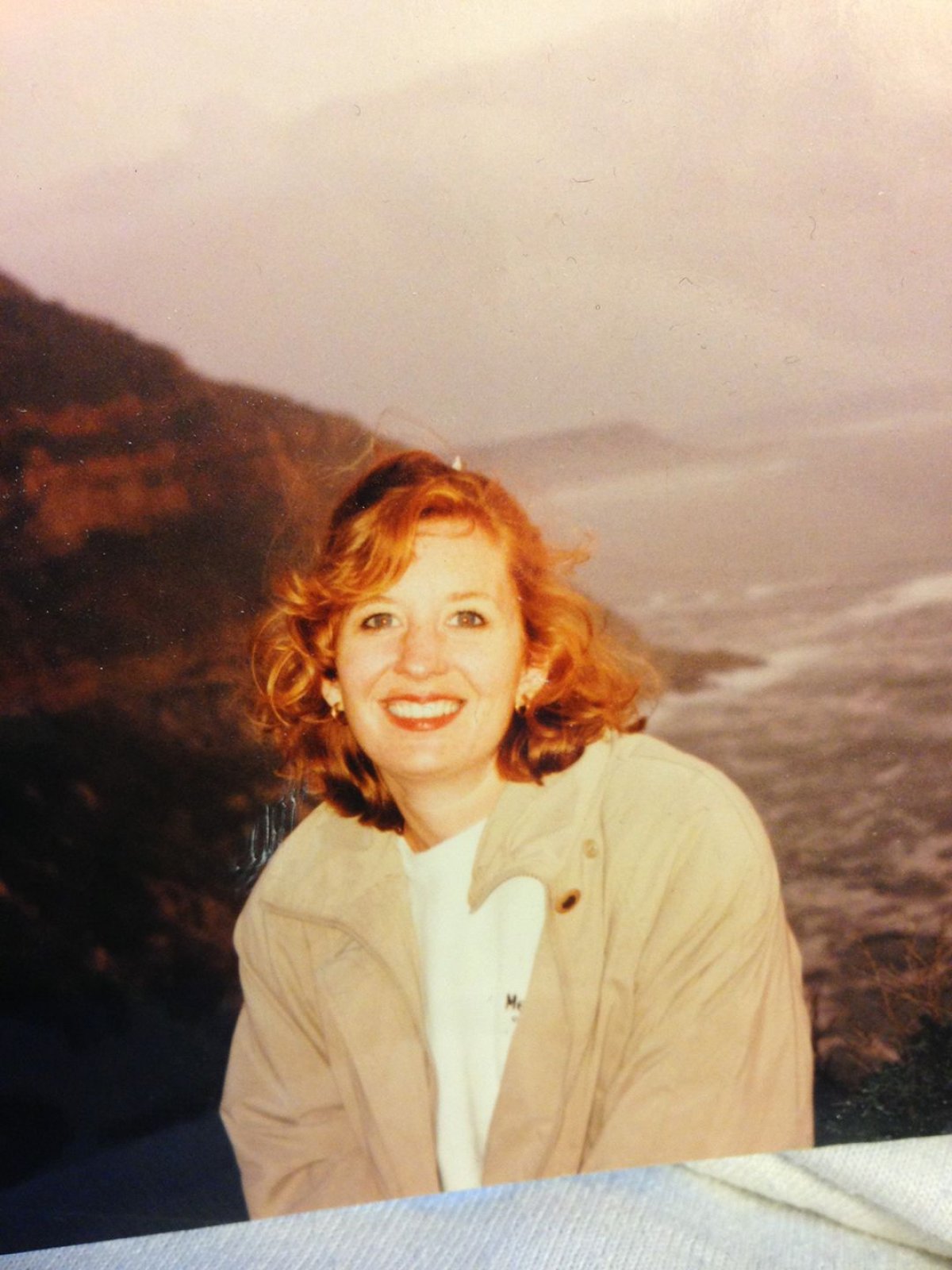
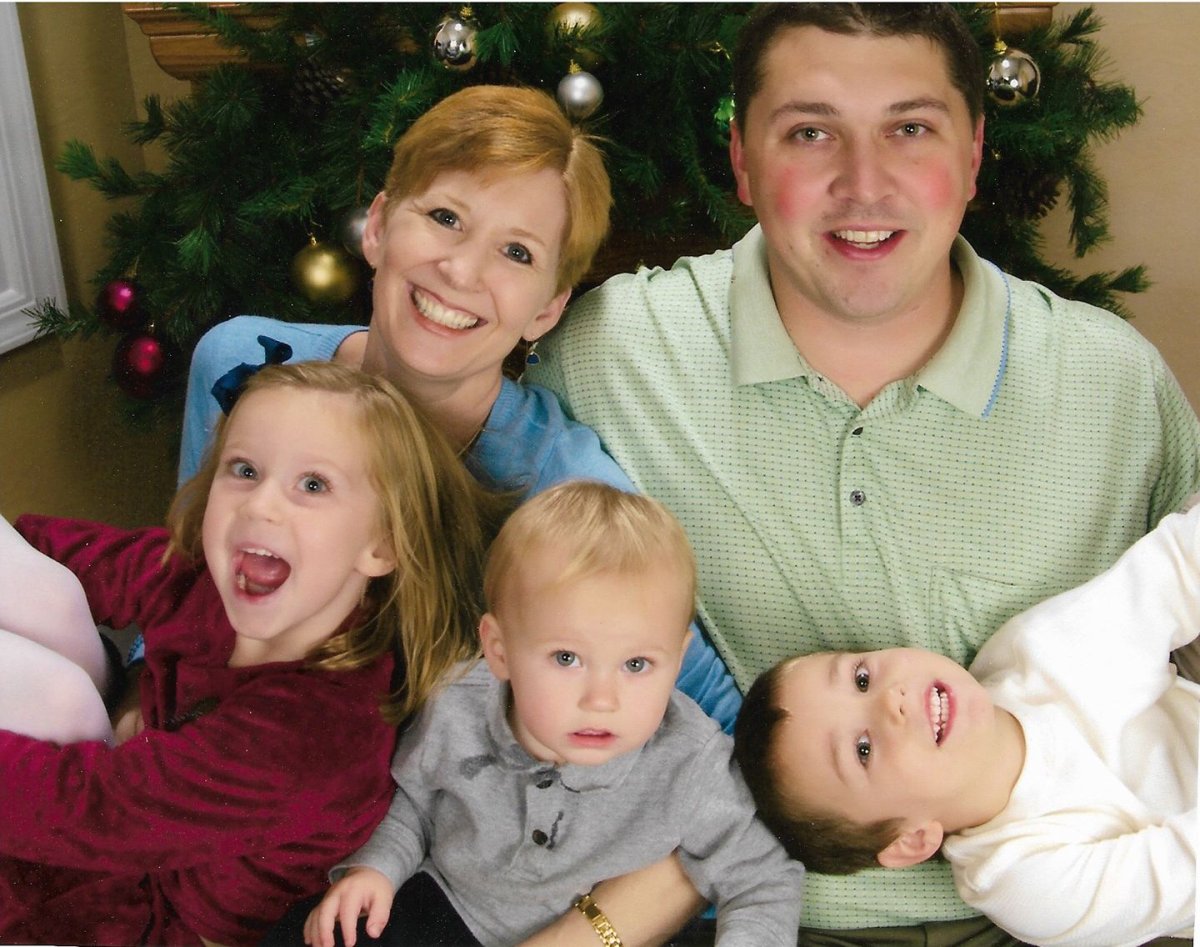
Then the email—just a little something wrong with the platelets. Then the next one—something to do with white cells. I froze. And then made a plane reservation. Tests and more tests. I was in the room when the doctor came in. She did not mince words. Leah had advanced cancer. Leah and I stared at each other, wordless. She made a quick call. Eric raced to the hospital from work. When he came, I rushed out of the room and threw up.
I feel such pain in my heart as I write this. Losing a child "is a trauma that doesn't go away," says Marsha Mailick, a social scientist at the University of Wisconsin-Madison who has studied bereavement. But to be an older person when an adult child dies brings particular trials, both emotional and pragmatic, she notes. As for me, no one and not anything could have prepared me for this loneliest of roads, which was compounded by the death of my second husband, who had been hit by a car and killed four years before Leah's death. I still deeply miss this lovely man, my rock, who was gone when I so wanted him by my side.
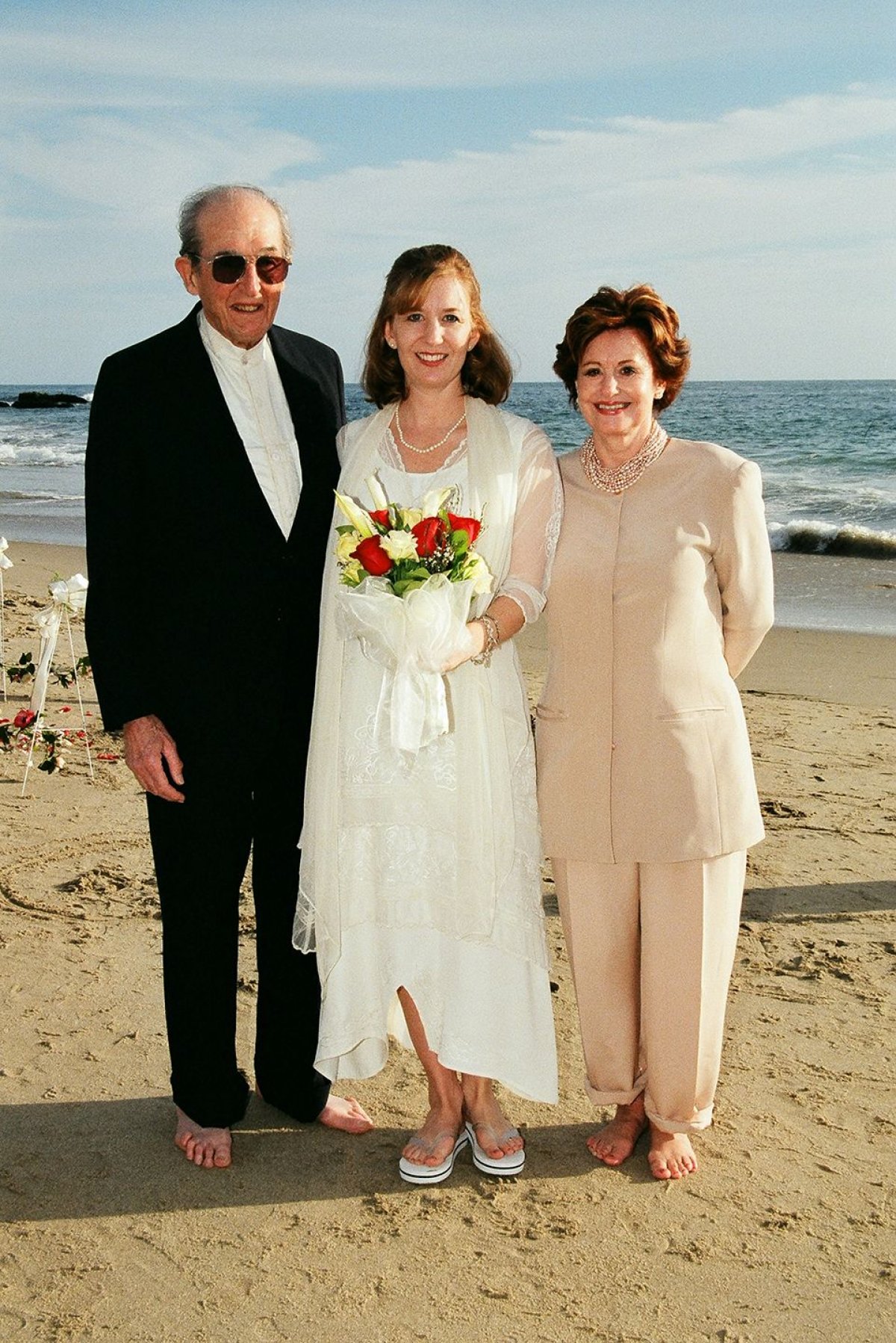
It took all of this to really understand what awful, searing grief is like: the punch in the stomach, the feeling of electricity shocking and shivering through your body, the tears that come in an instant.
Leah was a fighter to the end, battling to live for her children and husband. She was fierce in her need to keep hope alive. No counseling prepares you for learning how to act upbeat in the face of terrifying fear. I retain a sense of guilt that I could not always be what she wanted. Later, a close friend told me how much Leah cared for those around her. "She knew how deeply her being gone would affect you," the friend told me. "I think she couldn't speak to you about it sometimes, as her experience and pain of being a [dying] mother, and you being her mother, hit too close to home."
In my work with hospice, I was surprised to learn that some elderly parents feel disenfranchised when, for example, sympathy and support is focused on the surviving spouse or children. I was very lucky; my son-in-law, his new wife and his family have made sure that my grandchildren are wondrously present in my life.
Many in the grieving field seem to have all the answers. People who "hold on to" or prolong their grief could be considered dealing with complicated grief or having unfinished business with the dead person. But I have learned that all grief is complicated, particularly if it stems from a deep love and loss.
And people should not be judged by a timetable. I think that trying to assess the way or how long people grieve is of no help whatsoever. I once wrote that people in this country want grieving friends to "move on" because they don't want to deal with the pain of others. They expect "drive-by" grieving, as if friends can deposit it in a bank and "get back to normal," not realizing that normal is never going to be what it was before. I have learned to listen, no matter how long it takes a friend to express his or her pain, knowing that I am lucky having friends and family who have done the same for me.
So "getting over" grief (as if it were an obstacle course to leap over), getting "back to normal" and "it takes time" are among the platitudes I hate—the ones that make me so angry, even though I know people mean well. Far better to say, "This really sucks" or "You are going through hell." Or a watered-down but helpful, "I can't imagine what you are going through."
Now for the really stupid platitudes.
The first is, believe it or not, people saying to the parent who has lost an adult child, "Well, it's lucky you had her or him such a long time." Unthinkingly cruel.
The second is: "It is not natural for a child to die before a parent." This seems especially aimed at elderly parents grieving adult children, already frail with the losses of friends and family they have endured, and who may be living alone. Even if it were true, it is so fatuous and in no way offers comfort. I can't tell you how often it has been said to me. And it is usually delivered with an air of insufferable certitude.
How on earth does this help a grieving parent? To be told that you are in some minority of grievers? It doesn't! Besides, it is so false. The opioid epidemic—opioid deaths of adults aged 25 to 64 are at their highest rate ever—leaves hundreds of newly bereaved parents to weep every day, not to mention the parental grief wrought by suicides, car accidents and murders. Countless millions of parents the world over see children die through malnutrition and warfare.
What can a well-intentioned friend do, then? Four and a half years after the death of her adult son, author Paula Stephens met with other grieving parents in a chapter of the Compassionate Friends, an organization dedicated to supporting those who have lost children, grandchildren or siblings. In an article on Mind Body Green, she counsels others to "remember our children." It hurts when uncomfortable friends grow silent. "When I speak his name or relive memories, relive them with me; don't shrink away," Stephens wrote.
Another helpful tip: "Accept that you can't 'fix' us." A child loss at any age is "not fixable or solvable," Stephens wrote. Stop the platitudes. Don't say it has "been long enough…. We welcome your support and love…but our sense of brokenness isn't going to go away. It is something to observe, recognize, accept."
And, perhaps most importantly: "Realize that we struggle every day with happiness." Stephens, who runs the Crazy Good Grief website, wrote, "It's an ongoing battle to balance the pain and guilt of outliving your child with the desire to live in a way that honors them and their time on this earth."
I'll add some lessons I have learned about myself.
The living sibling, no matter the age, needs your understanding. My son, Michael, has been marvelous in taking over the role of being the caring only child. Yet I learned how difficult it was for my son and me to comfort each other about Leah, although we can talk about almost anything else. I had to recognize that for some, especially males, it is impossible to talk of their loss, as much as it may have helped me. Michael is 23 months older than Leah, and their bond was a special one, quite secret to me. Now, he has a hard time even looking at pictures of the two of them together. I understand, but I have to let go of my maternal desire to comfort him when there is little I can offer except honoring his silence.
For me, keeping busy is important. I have started to work at helping others in a small way. I tutor one day a week in a one-on-one reading class in a public school with kindergarten through second-grade students. I learn more than I teach.
This may shock some, but I never found help through therapy, antidepressants or survivor groups, although I tried. Nor did any faith help me. To be perfectly honest, some of my anger makes it impossible to feel that a loving "someone somewhere" could have taken my daughter. Not from me but for her children, for the wonderful mother she would have been and what she could have shared.
One of my best antidotes: the company of younger women. I have found comfort in those who would be my daughter's age now (about 52), perhaps subconsciously seeking them out. Some were her friends. We remember shared times—that birthday vacation to a "dudeless" ranch, so dubbed because there were no males. The way Leah collected strays—dogs, cats and people.
I would suggest to anyone who has lost an adult child to seek out their children's closest friends and cherish the fact, as I do, that talking about the loved one we share is cathartic.
Uncommon Knowledge
Newsweek is committed to challenging conventional wisdom and finding connections in the search for common ground.
Newsweek is committed to challenging conventional wisdom and finding connections in the search for common ground.
About the writer
To read how Newsweek uses AI as a newsroom tool, Click here.



